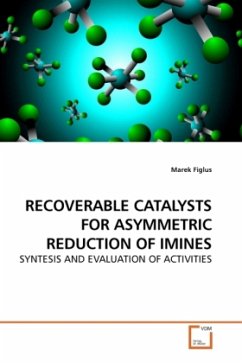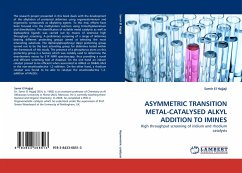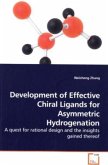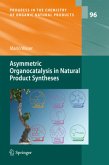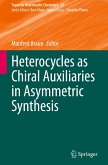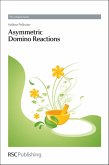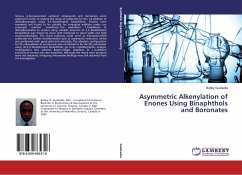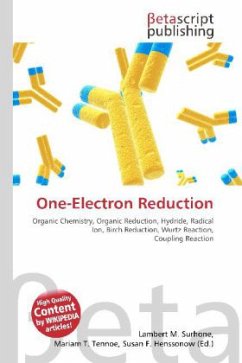Obtaining chiral amines from ketones via imine intermediates represents an attractive strategy that opens a straightforward route to valuable building blocks for the pharmaceutical and other fine chemicals industries. Metal-free oranocatalysis can be viewed as an attractive and broadly applicable methodology in which the metal is not vital for the key bond-forming event. N-methylvaline-derived formamides proved to be efficient catalysts for asymmetric reduction of prochiral ketimines with trichlorosilane, (up to 98%, 95% ee). Tagging the catalyst to a fluorous ponytail, soluble and insoluble polymers, or gold nanoparticles simplified the isolation procedure, while preserving high activities and stereoselectivities (up to 98%, 91% ee). The recovered catalysts could be reused at least 5 times without the loss of activity or stereoselectivity. This technology appears to be particularly suited to the small-scale parallel chemistry.
Bitte wählen Sie Ihr Anliegen aus.
Rechnungen
Retourenschein anfordern
Bestellstatus
Storno

